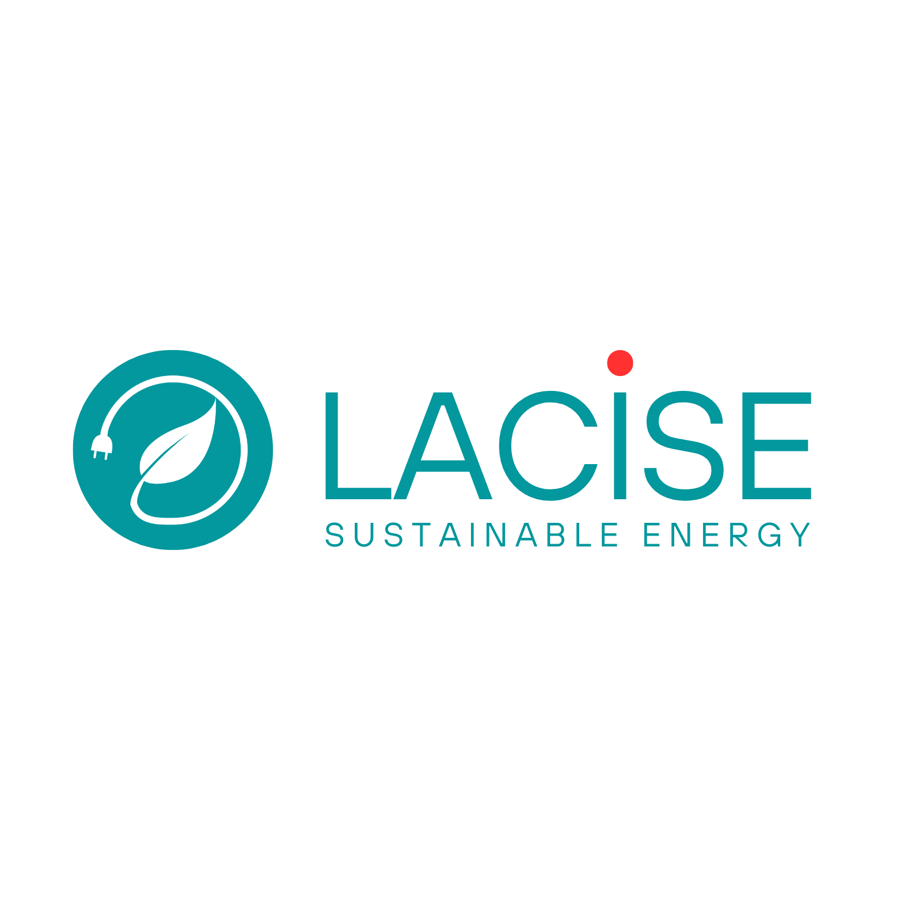Project kickoff event features first LACISE Stakeholder Advisory Board meeting

The LACISE project officially commenced with an inspiring kickoff event at the Institute of Solid State Physics, University of Latvia, on May 6. A key feature was the lively panel discussion, which involved members of the Stakeholder Advisory Board (SAB) who shared their insights, expectations, and strategic perspectives on the project’s path forward.
Stakeholder contributions and key messages
Līna Sarma, Riga Tech Girls: Highlighted the importance of talent development, emphasizing that passion drives progress and attracts skilled individuals. She emphasized the importance of effective communication strategies to effectively convey the project’s message and attract the right partners and students.
Pēteris Lesničenoks, Latvenergo: Focused on aligning research with real-world applications. He emphasized the importance of supporting educational programs and the need for clear, practical outcomes that benefit the energy grid.
Aleksandrs Parfinovičs, NACO: Advocated for early involvement of industry experts in project planning to provide scalable advice. He pointed out the lack of standardized methods for evaluating hydrogen technologies, calling for the development of such standards to facilitate broader industry adoption.
Mārtiņš Grels, RIX: Stressed the importance of attracting and nurturing young talent, noting that some industry professionals may hesitate or lack confidence. He encouraged proactive engagement and more frequent updates on hydrogen-related progress, including annual reviews. He also called for feedback on the usability of new technologies and their validation in real-world settings.
Kaspars Liepiņš, Hydrogen Alliance: Focused on the potential of batteries and hydrogen technologies, advocating for meaningful and innovative solutions while minimizing bureaucracy. He expressed interest in EU venture capital and startup opportunities, emphasizing the need to select projects with real market potential.
Minglon He, ABB (remote): Emphasized the importance of predictive models and algorithms, especially for frequency regulation as renewable energy sources increase. He highlighted the role of batteries, hydropower, and gas in maintaining grid stability. He also stressed that industry R&D is largely internal, but collaborative knowledge sharing is essential for innovation. He encouraged engaging students in industry-relevant topics and called for regular technical exchanges and updates to ensure alignment and tangible outcomes, such as grid integration and hydrogen applications.
Kristaps Dambis, Drive eO: Advocated for a global perspective, noting that world-class research must be locally relevant. He emphasized the importance of direct communication and collaboration with scientists, as well as the involvement of young talent in the broader energy transition.
Common themes and future outlook
The panel underscored several recurring themes critical to the project’s success:
- The necessity of talent development and inspiring the next generation of innovators.
- The importance of collaboration across sectors and open communication channels.
- Bridging research and commercialization to bring market-ready solutions.
- Developing standardized evaluation frameworks, particularly for hydrogen technologies.
- Ensuring scientist involvement as consultants to guide practical development and validate results.
The panel emphasized the importance of continuous dialogue, regular technical exchanges, and stakeholder engagement to ensure the LACISE project remains aligned with industry needs and scientific advancements. The diverse expertise and shared commitment of the advisory board set a strong foundation for the project’s impactful journey toward sustainable energy solutions.
